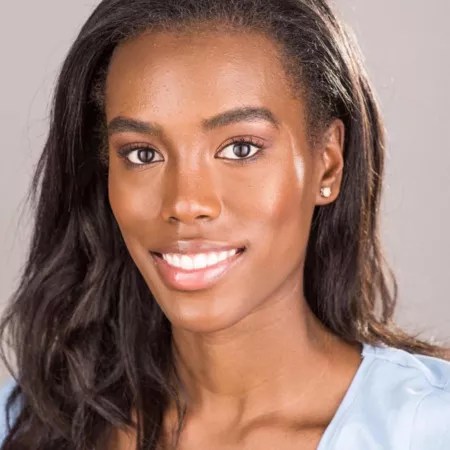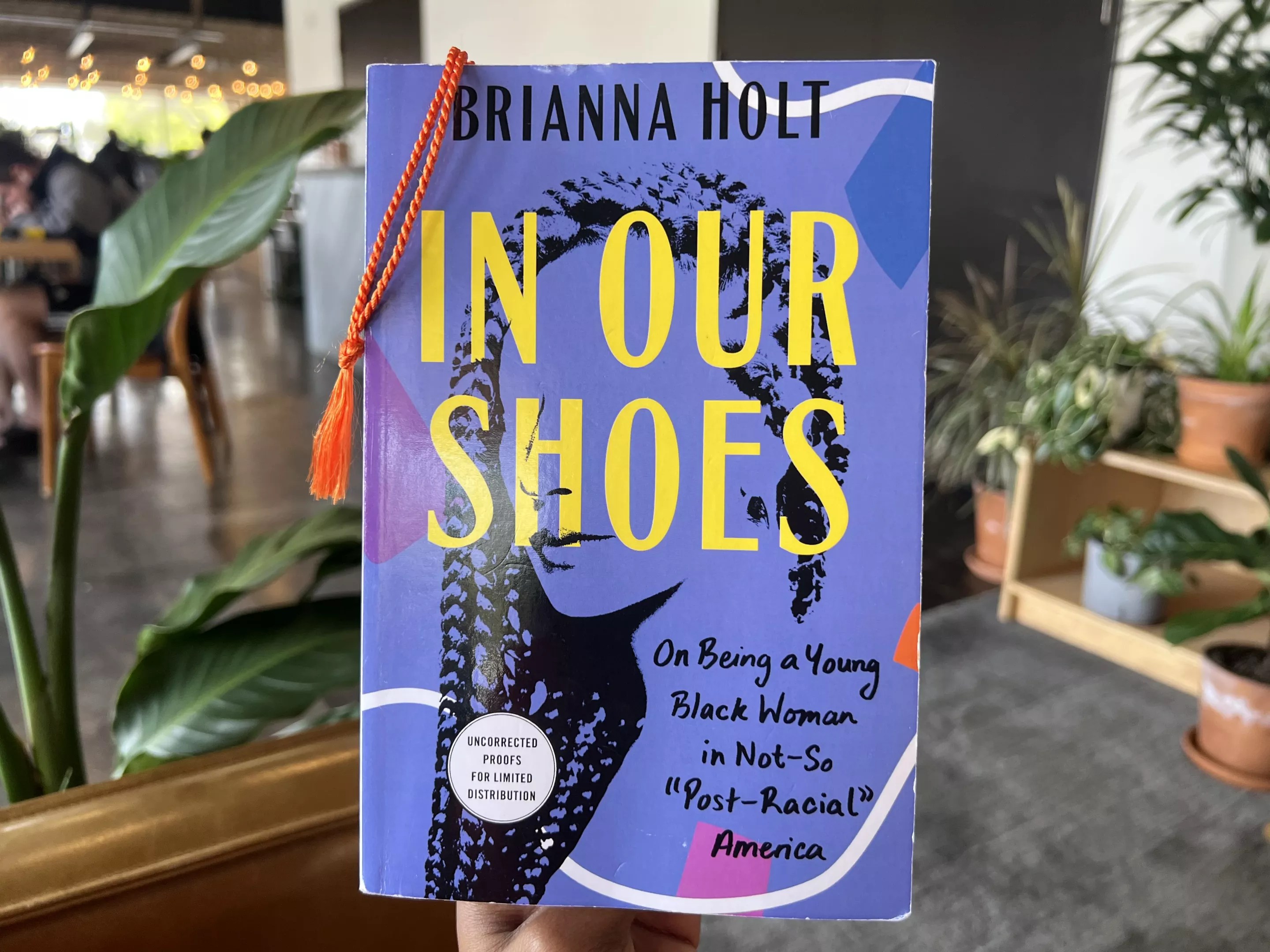
Jamiya Wilson

Audio By Carbonatix
To walk a mile in anyone else’s shoes can be an uncomfortable journey. But for some readers of Brianna Holt’s forthcoming book In Our Shoes, that journey might feel like a walk made by a 10-foot giant who’s squeezed into a toddler shoe.
“No one ever stops and asks the angry Black woman what they’re angry about,” Holt says in a virtual interview, ahead of her book release on April 11. “I hope [the book] will cause people to act differently in their relationships with the Black women in their daily life.”
In nine chapters, Holt breaks down the tricky existence faced by Black millennial women taking advice from their Baby Boomer and Gen X predecessors who are trailblazing new paths for young Black women – people like Michelle Obama and Vice President Kamala Harris.
“With so many young Black women dominating culture, entertainment, sports, and politics, it becomes difficult for society to grapple with the fact that young Black women are still most in need of support,” she writes.
But they are. And Holt’s 270-page book brings the receipts to prove Black women are still unfairly judged for their appearance, advancements and unapologetic existence.
“The hardest chapter for me to write was Chapter 3, ‘Why Are You So Dark?'” Holt says. “I thought my awareness of colorism started in late middle school, but the earliest [memory] I found was in fourth grade.”
Colorism is discrimination or bias against a darker-toned person of a particular racial or ethnic group. Holt boldly defines colorism as “racism’s younger sister” in her book and uses examples from her Dallas childhood to share how colorism can impact young Black women.
Growing up in Dallas, she wrote, she was accused of shoplifting; she was questioned when she became the winner of a tennis match by some who doubted her abilities; and she was called “ugly” by boys who didn’t “approve” of her skin tone. Holt’s complexion, she says, put her at risk for more discrimination than her fair-toned classmates and friends.
“None of the stories I mentioned are defamatory, but this book is about my lived experiences,” she says. “I had to mention what people have done to me, and I hope those mentioned learn from it rather than being offended.”

Dallas author Brianna Holt was inspired by her experiences in Dallas to write a book about her perspective of Black women.
Brianna Holt
The other chapters of Holt’s book follow her time at a Dallas Catholic school and at Grand Prairie High, and her life in Desoto. When she moved to New York, she found her typical Texas experiences to be less frequent, but more persistent online and in the working world.
Racism is a recurring theme in books set in Dallas. Former Observer columnist Jim Schutze re-released his book The Accommodation a few years ago, and Dallas teacher Denise Montgomery wrote a children’s book about the days she was not allowed at the Texas State Fair – along with her entire race.
Working Black women face physical, health-threatening burnout more than their non-Black peers, and Holt uses research to back up her professional experiences overcoming the “strong Black woman” stereotype at work.
She also points to pop culture to explain trends such as “Blaccents,” “Blackfishing,” “the Magical Negro,” and other terms critical to understanding the experiences of young Black women online and in real life.
Those seeking to be better friends, allies and even bosses to young Black women should read the book from start to finish. While Holt started writing In Our Shoes in 2020, she believes readers will find the insights valuable today.
“There’s no timeline for a book like this to exist,” Holt said. “As long as we continue to have these inequities, people should receive it as timeliness.”
In Our Shoes will be available on April 11. Book readings across the U.S. are scheduled for later this year. Follow @BriannaHolt on social for the latest updates.